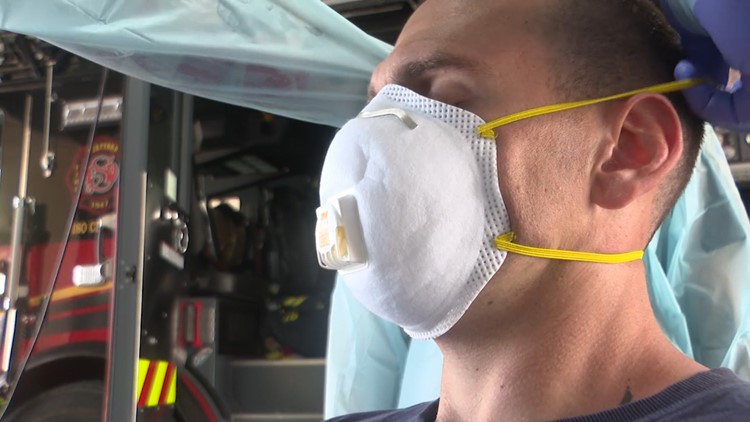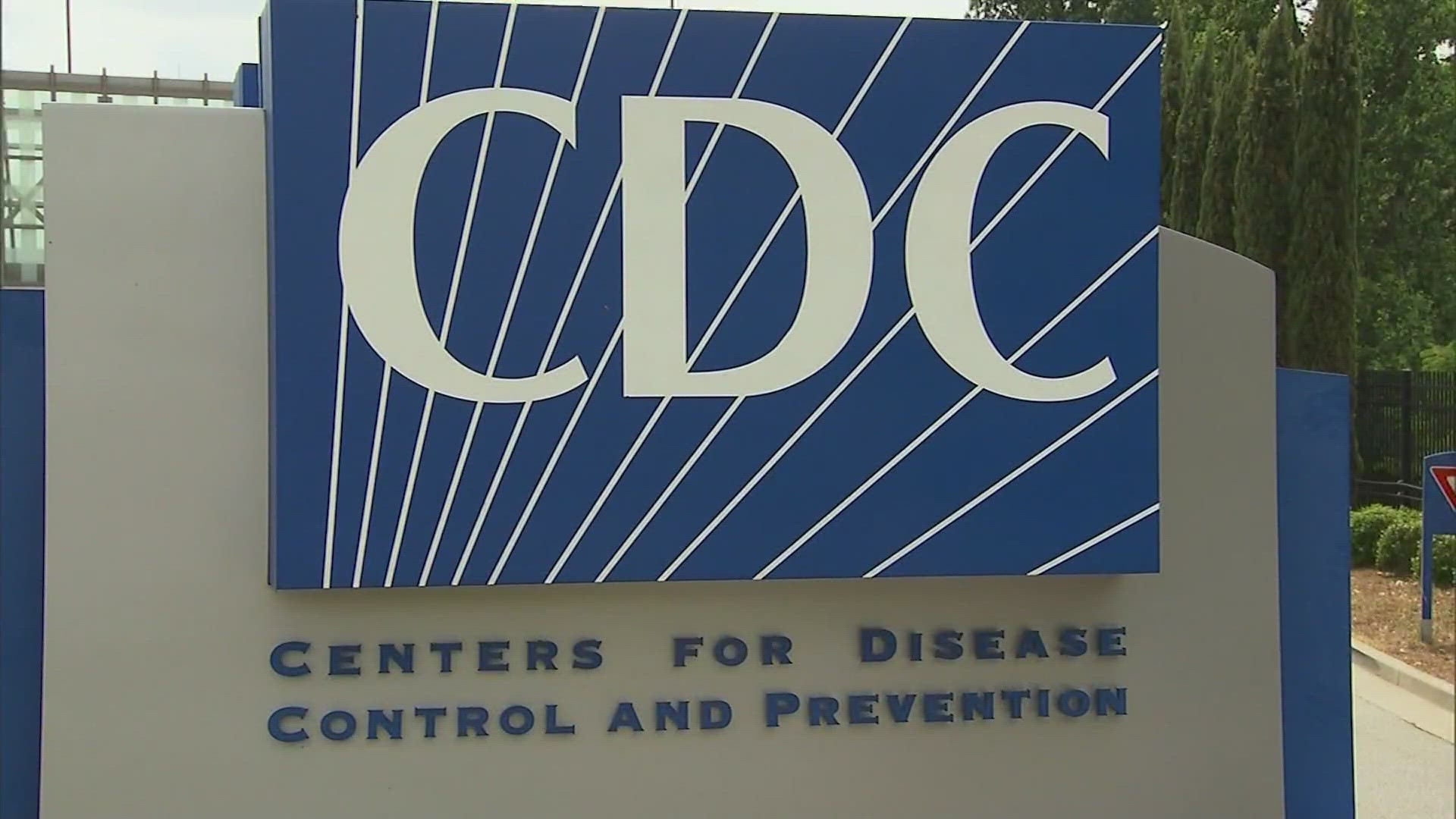HOUSTON — Amid a national shortage of personal protective equipment for health care workers and first responders battling the COVID-19 outbreak, the CDC issued guidelines to maximize the lifespan of these products.
The CDC has a contingency plan for pandemics such as COVID-19, and how health care workers should handle a shortage of PPE, such as N95 respirator masks.
Some of the recommendations for extending the lifespan of the products include:
- Using the N95 masks beyond the manufacturer-designated shelf life for training and fit testing
- Wearing the same N95 for repeated close contact encounters with several different patients, without removing the respirator
- Isolate patients in an airborne infection isolation room (AIIR)
- Use physical barriers such as glass or plastic windows at reception areas, curtains between patients, etc.
- Properly maintain ventilation systems to provide air movement from a clean to contaminated flow direction
The CDC describes two methods for maximizing the masks' lifespans: re-using, and extending.
Extended use refers to the practice of wearing the same N95 respirator for repeated close contact encounters with several patients, without removing the respirator between patient encounters. Extended use may be implemented when multiple patients are infected with the same respiratory pathogen and patients are placed together in dedicated waiting rooms or hospital wards. Extended use has been recommended as an option for conserving respirators during previous respiratory pathogen outbreaks and pandemics.
Reuse refers to the practice of using the same N95 respirator for multiple encounters with patients but removing it (‘doffing’) after each encounter. The respirator is stored in between encounters to be put on again (‘donned’) prior to the next encounter with a patient. Even when N95 respirator reuse is practiced or recommended, restrictions are in place which limit the number of times the same FFR is reused.
Limited reuse has been recommended and widely used as an option for conserving respirators during previous respiratory pathogen outbreaks and pandemics.
But the CDC says extended use is favored over reuse because it is expected to involve less touching of the respirator and therefore less risk of contact transmission.


The CDC said other non-health care industries use these masks for about eight hours of continuous or intermittent use, and some studies have found similar outcomes with health care workers.
They say the maximum length of continuous use is typically dictated by hygiene concerns or practical considerations, rather than a pre-determined number of hours. For example, the respirator was discarded because it became contaminated or, the wearer need to use the restroom, meal breaks, etc.
There is no way of determining the maximum possible number of safe reuses for an N95 respirator as a generic number to be applied in all cases. Safe N95 reuse is affected by a number of variables that impact respirator function and contamination over time.
The decision to implement policies that permit extended use or limited reuse of N95 respirators should be made by the professionals who manage the institution’s respiratory protection program, in in consultation with their occupational health and infection control departments with input from the state/local public health departments.



